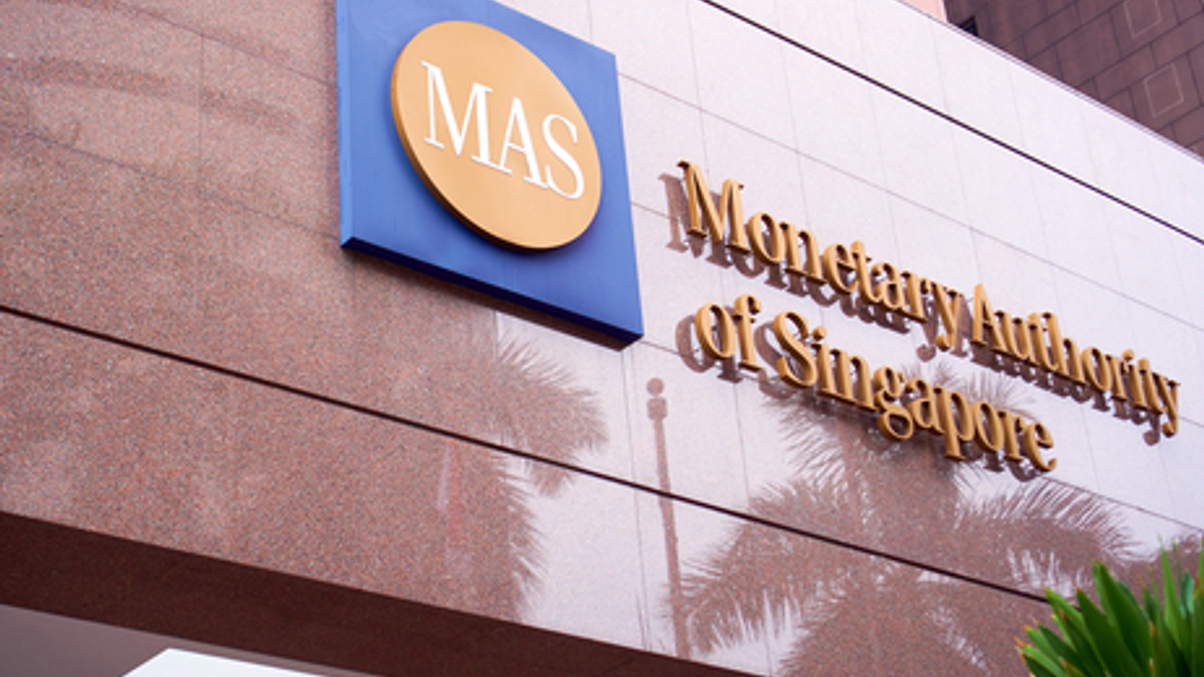MAS warns of slowdown while gifting $33b to GIC
The Singaporean central bank has shifted a healthy slice of its reserves to the sovereign wealth fund, ahead of an expected economic slowdown amid slowing global trade.

Singapore’s central bank governor has just warned that the world could be set to experience of the worst economic periods since 2008’s global financial crisis.
Sign in to read on!
Registered users get 2 free articles in 30 days.
Subscribers have full unlimited access to AsianInvestor
Not signed up? New users get 2 free articles per month, plus a 7-day unlimited free trial.
¬ Haymarket Media Limited. All rights reserved.


